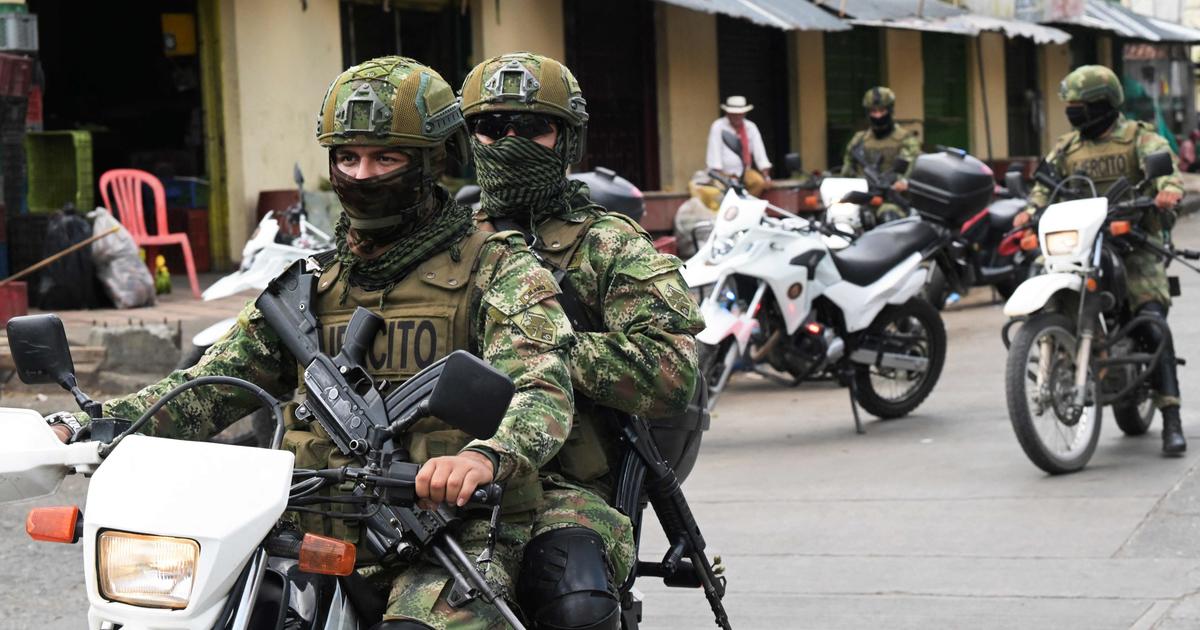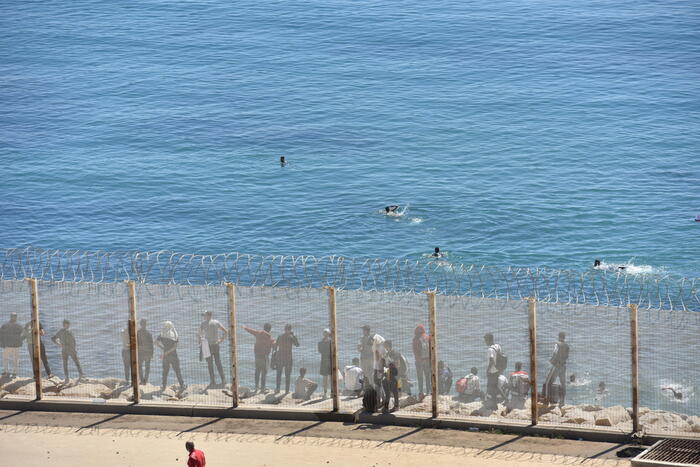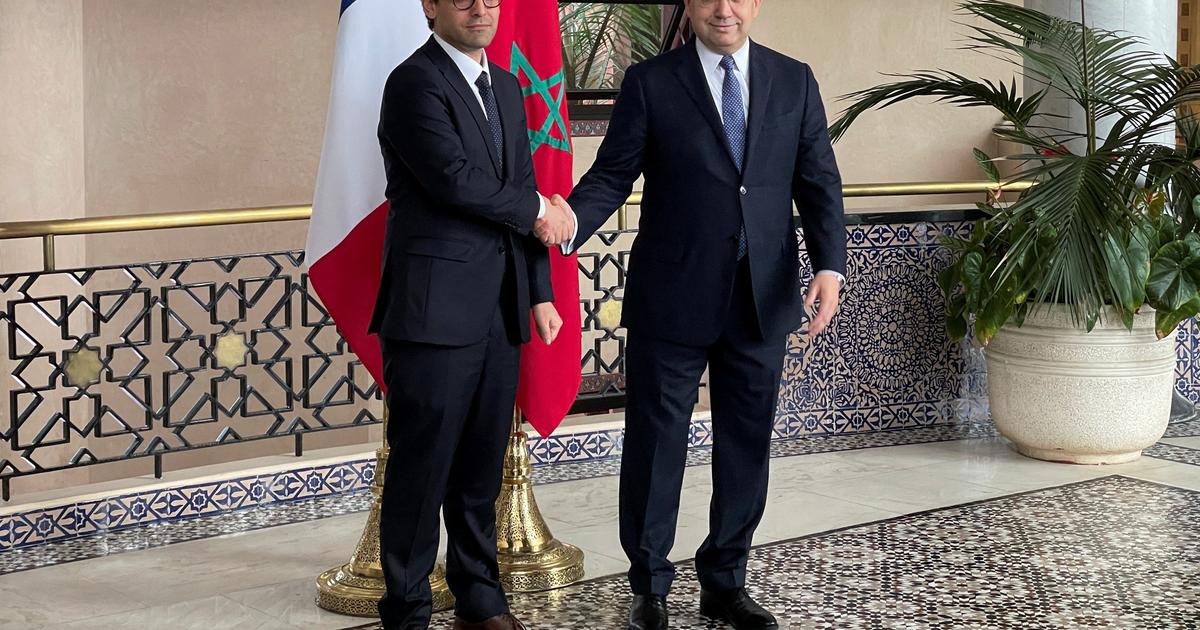Spain and Morocco will finally hold their High Level Meeting on February 1 and 2 in Rabat.
The announcement was made by the Foreign Minister, José Manuel Albares, as soon as he landed in Niger, the first stop on a lightning trip through three West African countries.
The meeting, originally scheduled for December 2020, was unilaterally suspended by Morocco.
Rabat, which imposed rigorous measures to stop the pandemic, alleged health reasons, although it did not stop holding high-level meetings with delegations from other countries.
The cancellation was the prelude to the diplomatic crisis that was coming and that was not resolved until last April when the Spanish government supported the Moroccan solution for the Sahara.
"A good number of agreements are expected to be signed and it is further compliance with the road map that Spain and Morocco have agreed upon and which was reflected in the Spanish-Moroccan summit in April," Albares said.
The second vice president of the Government, Yolanda Díaz, has indicated that she will not attend the meeting, reports
Paula Chouza.
Asked about this by the Minister of Foreign Affairs, Albares assured that "delegations are never made up of all the ministers" and that their attendance "depends on the agenda."
“I am sure that there will be many ministers due to the quality of relations with Morocco.
The vice president has been to some summits and not others.
The ministers who have issues to discuss with their counterparts will go.
I do not know the issues that the Ministry of Labor has at this time ”, she specified.
The XXII High-Level Meeting between Morocco and Spain, which has not been held since 2015, is one of the milestones on the roadmap agreed after the reconciliation.
At least a dozen ministers will attend and issues such as police cooperation in the field of irregular immigration, the strengthening of economic relations, exports, or infrastructure projects will be discussed.
The normalization of relations between the two countries only materialized when, in April, Spain declared that the "most viable" solution for the future of the Sahara was the Rabat proposal, that of a territory with autonomous status, but under Moroccan sovereignty.
The turn on the traditional position of Spain on its former colony caused the disapproval of the entire parliamentary arc and the direct rejection of Algeria, the main supporter of Saharawi interests.
The reconciliation was staged in Rabat where Pedro Sánchez and King Mohamed VI signed a document that would mark the bases of the new relationship.
Backing its plan for the Sahara, Morocco was willing to open the borders of Ceuta and Melilla and their respective customs and resume collaboration against irregular immigration.
The customs of the two autonomous cities are still closed, although the last date with which they worked was the beginning of this year.
Regarding irregular immigration, the Moroccan collaboration has helped to significantly reduce the figures and 2020 has closed with 25% of the arrivals of the previous year.
The crisis between the two countries lasted for more than a year and cost the then Foreign Minister Arancha González Laya his job.
The beginning of the tensions were public and evident in April 2021 when Spain made the decision to welcome the leader of the Polisario front, Brahim Gali, to deal with a serious covid condition in a hospital in Logroño.
The initiative, requested by Algeria and not consulted with Morocco, did not please Rabat, which expressed its discomfort explicitly and called its ambassador in Madrid for consultations.
The background of the tensions, however, was not so much Gali as the Sahara and Morocco's diplomatic offensive for key countries such as the United States, Spain or Germany to support its plan against the referendum that the Saharawis demand.
Barely a month after Gali's arrival, in May 2021, the crisis escalated.
In just three days, more than 10,000 people swam to the beaches of Ceuta in the face of the indifference of the Moroccan security forces.












/cloudfront-eu-central-1.images.arcpublishing.com/prisa/KMEYMJKESBAZBE4MRBAM4TGHIQ.jpg)


